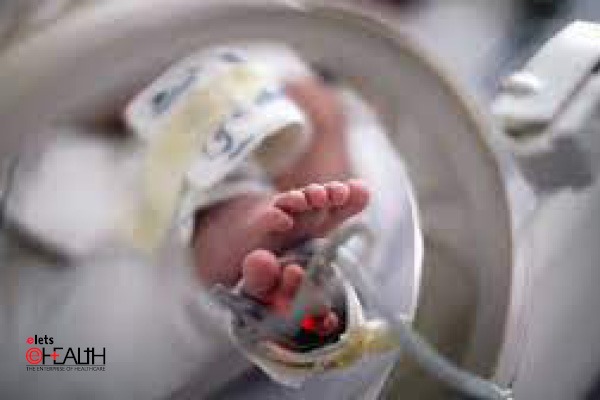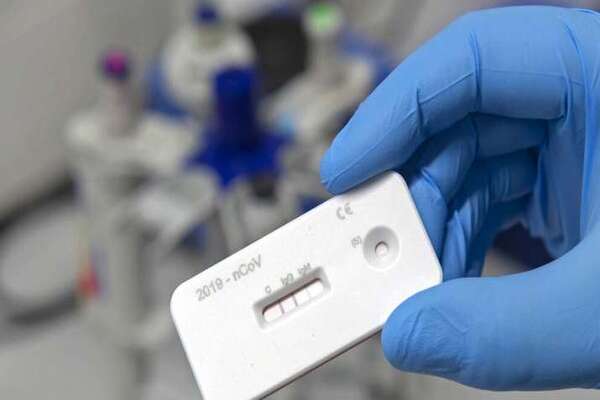

Google-backed 23andMe, a consumer company that seeks to be the “world’s trusted source of personal genetic information” thanks to its $99 DNA tests, has been slapped with a warning from the FDA that it’s in violation of the Federal Food, Drug and Cosmetic Act.
The company, whose founder, Anne Wojcicki, is married to (but separated from) Google co-founder Sergei Brin, markets its Personal Genome Service as a way for consumers to trace their lineage “ it can even offer an estimate of someone’s “genome-wide percentage of Neanderthal ancestry” “ and also to help clue them into their particular genetic predisposition to diseases such as cancer and Parkinson’s.

It’s in that capacity that the product has run afoul of the FDA, according to the agency’s letter, which was sent to Wojcicki on Nov. 22. Regulators have told 23andMe that it must “immediately discontinue marketing” the PGS until it has proven its tests are accurate and received FDA clearance.
“This product is a device within the meaning of section 201(h) of the FD&C Act, 21 U.S.C. 321(h), because it is intended for use in the diagnosis of disease or other conditions or in the cure, mitigation, treatment, or prevention of disease, or is intended to affect the structure or function of the body,” according to the letter, written by Alberto Gutierrez, director of the Office of In vitro Diagnostics and Radiological Health.
The letter cites the 23andMe website, which touts the PGS as a way to offer “‘health reports on 254 diseases and conditions,’ including categories such as ‘carrier status,’ ‘health risks,’ and ‘drug response,’ and specifically as a ‘first step in prevention’ that enables users to ‘take steps toward mitigating serious diseases’ such as diabetes, coronary heart disease and breast cancer.

“Most of the intended uses for PGS listed on your website, a list that has grown over time, are medical device uses under section 201(h) of the FD&C Act,” according to the letter. “Most of these uses have not been classified and thus require premarket approval or de novo classification, as FDA has explained to you on numerous occasions.”
According to Bloomberg News, 23andMe “submitted FDA applications in July and September of 2012 for the least stringent of two types of medical device reviews.”
“Even after these many interactions with 23andMe, we still do not have any assurance that the firm has analytically or clinically validated the PGS for its intended uses, which have expanded from the uses that the firm identified in its submissions,” Gutierrez writes.
The controversy comes at a time where consumers are paying more attention than ever to their health information “ including their genetic profiles. Still, there’s confusion about what it all might mean.
A survey commissioned by 23andMe this past April showed that while just 2 percent of respondents said they’d had a genetic test done, 73 percent said they’d be interested in getting one.
Be a part of Elets Collaborative Initiatives. Join Us for Upcoming Events and explore business opportunities. Like us on Facebook , connect with us on LinkedIn and follow us on Twitter , Instagram.












